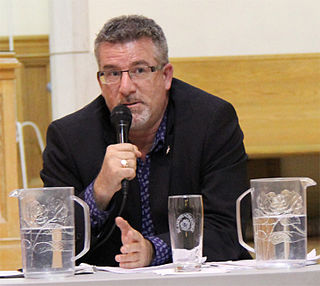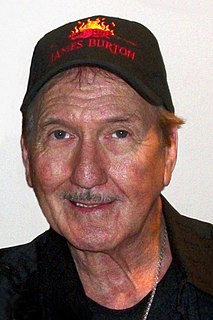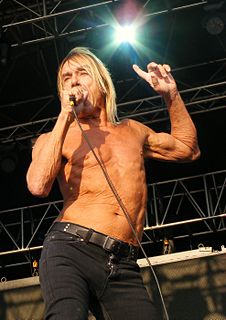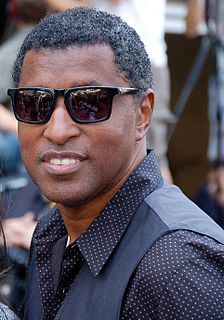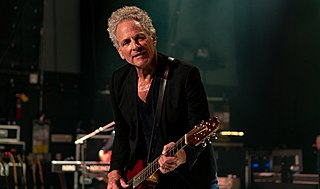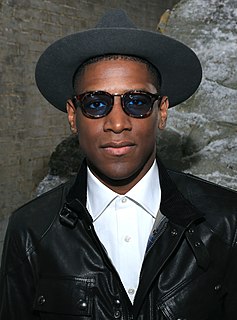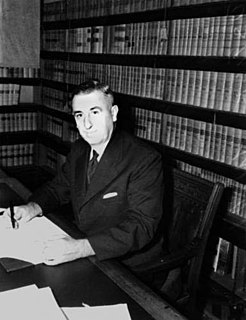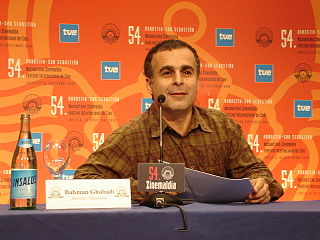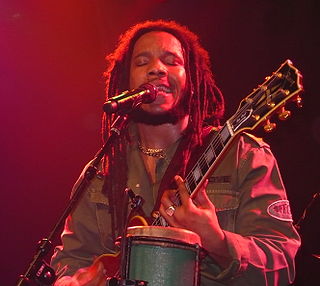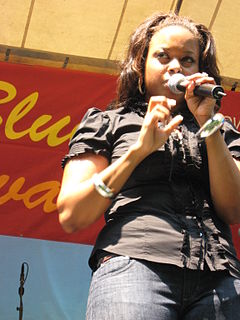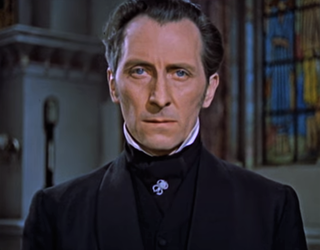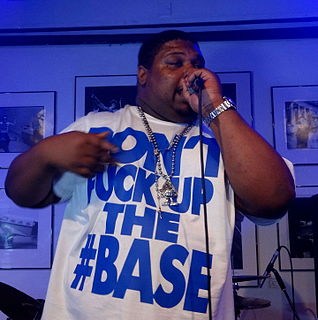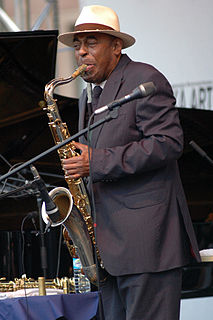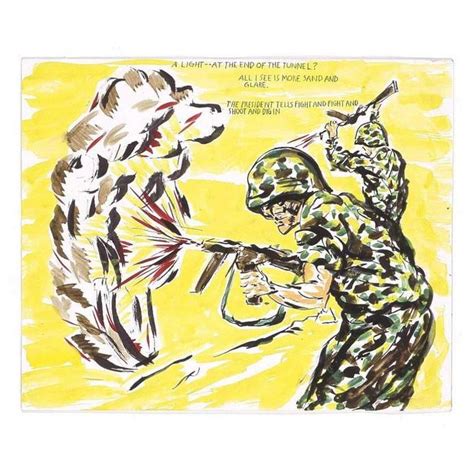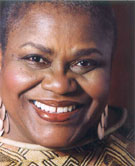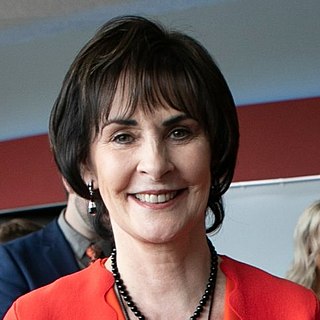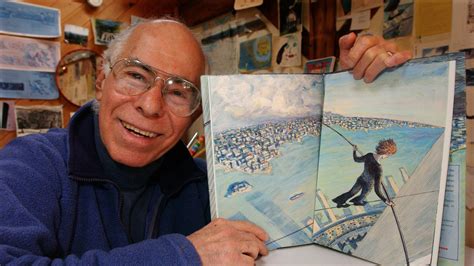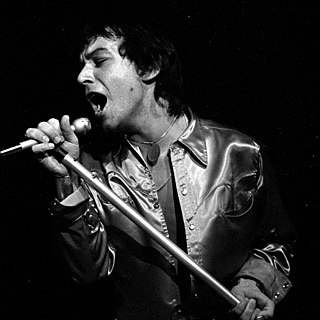Top 1200 Commercial Music Quotes & Sayings - Page 3
Explore popular Commercial Music quotes.
Last updated on November 15, 2024.
The tragic effects of terrorism have forced the new-construction industry to re-evaluate traditional methods of fire protection in commercial infrastructures. That includes everything from building codes, to structural design issues and the less durable fireproofing materials currently specified for commercial steel structures.
When we got married, we knew our honeymoon was going to be public, anyway, so we decided to use it to make a statement. We sat in bed and talked to reporters for seven days. It was hilarious. In effect, we were doing a commercial for peace on the front page of the papers instead of a commercial for war.
I think I gave indications early on that mine wasn't just going to be a commercial, er, career. If that were the case, then the first record would have been 10 versions of 'Loser.' I always thought it would be interesting if there was no such thing as gold and platinum records, or record deals, and people were just making music. What would the music sound like?
The joy is actually in the music. It's the music that supports you and tells you what to do. It tells you how to fill the music. You don't have to be shy about feeling the music when you're singing. If you believe in music-the power of music-the music will support you and take you to another dimension.
The strategic stimulus to economic development in Schumpeter's analysis is innovation, defined as the commercial or industrial application of something new---a new product, process or method of production, a new market or source of supply, a new form of commercial, business or financial organization.
